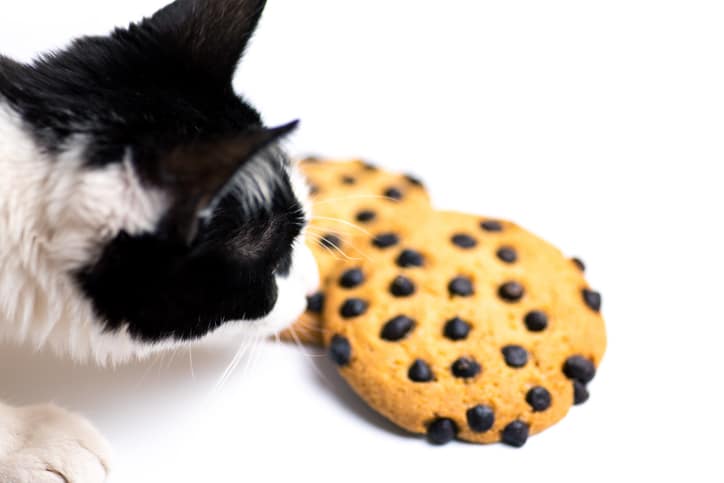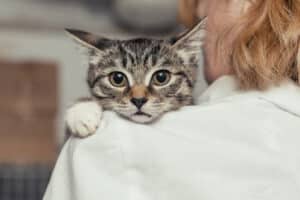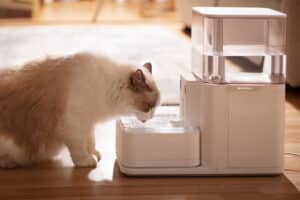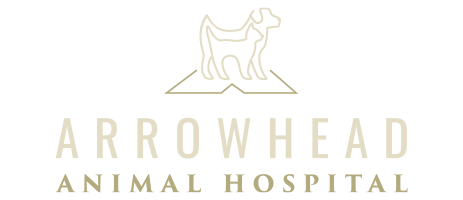Most people are aware that chocolate can be lethal to dogs, but what about cats? Some small animals, like rats, can safely eat chocolate, and very much enjoy it! So, where does the cat fit in?
Just like how chocolate is toxic to dogs, it is also toxic to cats, and should never be fed chocolate under any circumstances.
Cats are unable to taste sweet things, and most cats will not go out of their way to sneak bites of your sweets. However some cats may be curious about the sweet treat, because they are curious creatures, but you should never give them chocolate. Read this article to learn more about why cats can’t eat chocolate.
Chocolate is toxic to cats.
Chocolate is a delicacy for humans, but it is not a delicacy for cats. Chocolate contains dangerous compounds such as caffeine, theobromine, and (possibly) xylitol, an artificial sweetener. All these compounds are toxic to cats. Your cat should not have caffeine and theobromine because it will increase your cat’s heart rate, thirst level, and can cause restlessness, panting, and even seizures in your cat if they ingested a significant amount of these chemicals. Caffeine and theobromine are also very dangerous for dogs for the same reason.
Cats are also not built to eat sweets or fatty, milky treats. Despite there being some large dogs that can tolerate small amounts of chocolate, cats are unable to tolerate the compounds found in sweets. This means that chocolate is even more dangerous for cats than it is for dogs!
Cats are carnivores, and their diets should be mostly animal proteins. Excess sugar and fat are bad for your cat on their own and mixing those with caffeine and theobromine is likely to poison your cat. These compounds and xylitol can be found in other sweets and chocolate products, like pudding, peanut butter, chocolate-flavored sweets, and even in white chocolate. You also shouldn’t give your cat cow’s milk, or ice cream, due to their high content of fat and sugar.
It’s always best to keep desserts, chocolate and any chocolate-flavored sweets away from your cat’s reach. Just simply leaving a bowl of half-melted ice cream on a countertop can lead to accidental ingestion.
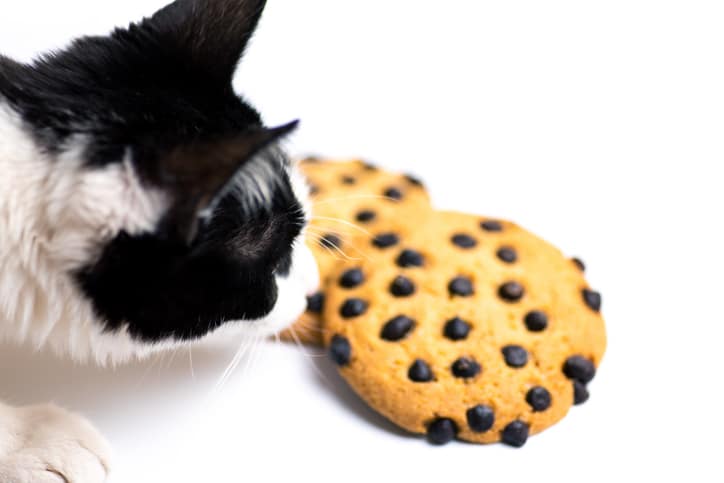
What if my cat eats chocolate by accident?
If your cat has gotten into something and eaten any amount of chocolate, or you suspect he has, you must contact your veterinarian right away. If they are unavailable, it is advised that you bring your cat to a 24/7 veterinary clinic. You can also contact the Pet Poison Helpline at 855-764-7661. The most important thing to do is get your cat help right away.
Here are the signs of toxic poisoning in cats to look out for:
- Diarrhea
- Vomiting
- Seizing
- Low appetite
- Panting or breathing rapidly
- Increased thirst
- Increased heart rate
Cats famously try not to show their humans any signs of illness, but this type of poisoning will be impossible for your cat to fake. If you suspect your cat got into something with chocolate in it, or they are displaying any of these symptoms, the best course of action is to get them to the vet as soon as possible. Your vet will likely induce vomiting, give fluids, and give medication to your cat, which can save their lives. Inducing vomiting will help rid your cat’s body of toxins before they are absorbed, and the fluids and medication will ease his symptoms and help him recover comfortably.
Are there other foods that can harm my cat?
Yes, there are other foods that are harmful to your cat. This is because cats have very specific nutritional needs, specifically protein, fatty acids and specific vitamins. Cats are not omnivores, and if the foods they need to eat are crowded out by inappropriate foods, your cat can become malnourished. Some are also toxic. Dog food, for example, will not poison your cat, but it can lead to malnourishment, for the lack of certain cat-specific ingredients. Think about it like this where if dog food and cat food were interchangeable, wouldn’t the kibble be called “pet food” instead of “cat food” and “dog food”?
Some other foods that can be poisonous to cats are raw meat, raw fish, beef liver, meat scraps or fat, raw eggs, dough of any kind, grapes, raisins, onions, garlic, chives and shallots. If your cat gets into anything they shouldn’t have, or if you or someone accidentally feeds your cat these foods, it’s important to contact your veterinarian right away, especially if they are showing any clinical signs of toxicity. Even if you are not sure that your cat ate something toxic, it is best to stay on the side of caution and get help. When you arrive to the animal hospital, it is important that you provide your vet with information, such as the time and amount of food they ingested, what they ate, and any symptoms they’ve displayed. As a rule, your cats should not be fed anything but their own food, and the occasional cat treat. Most “people foods” can be harmful, or simply aren’t a healthy choice for your cat. Remember, the best way to avoid a mistake is to keep these foods away from your cat’s reach.
Contact Arrowhead Animal Hospital in Westminster, CO about all your cat’s needs.
If you have questions regarding your cat’s health and would like to discuss the best foods for your cat, call us at (303) 469-1616. and schedule an appointment! Here at Arrowhead Animal Hospital, we are more than happy to answer your questions and make sure your cat stays healthy.

